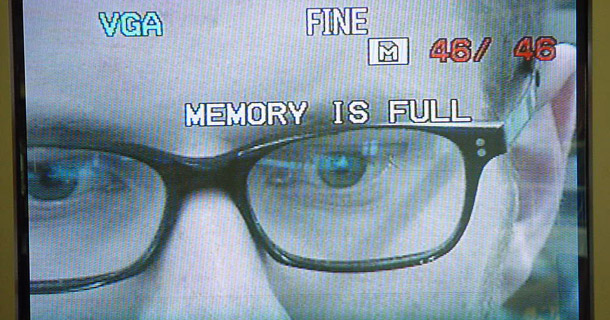 Existentialists will have a field day with this one: According to ScienceDaily, an EU research initiative called FuturIcT (a “knowledge accelerator” funded by, among others, billionaire investor George Soros) aims to create a really accurate version of Simearth. By mining many sources of data and simulating them in a supercomputer, the project hopes to understand financial, social, and economic forces in the real world. They call it a “knowledge collider.”
Existentialists will have a field day with this one: According to ScienceDaily, an EU research initiative called FuturIcT (a “knowledge accelerator” funded by, among others, billionaire investor George Soros) aims to create a really accurate version of Simearth. By mining many sources of data and simulating them in a supercomputer, the project hopes to understand financial, social, and economic forces in the real world. They call it a “knowledge collider.”
One use for such data is to anticipate and mitigate economic melt-downs, something that’s increasingly likely with real-time trading engines that amplify mistakes and market fluctuations. But why stop at economies? A simulator like this could predict political outcomes, something that’s long been speculated in science fiction, from the Delphis in Shockwave Rider to the real-time polling in Neal Stephenson’s frighteningly prescient Interface.















 @
@










 Like all images on the site, the topic icons are based on images used under Creative Commons or in the public domain. Originals can be found from the following links. Thanks to
Like all images on the site, the topic icons are based on images used under Creative Commons or in the public domain. Originals can be found from the following links. Thanks to